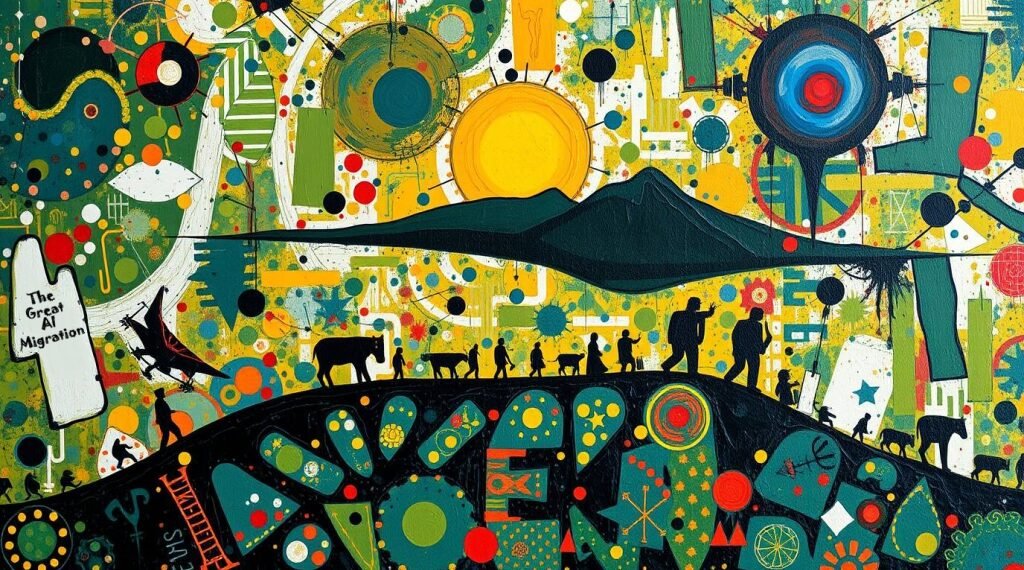Historically, human migration was essential for survival from environmental and geopolitical shifts. Now, a new kind of human migration is occurring: a migration of thought, reason and purpose, which is being driven by the discovery and spread of artificial intelligence.
Artificial intelligence is swiftly altering and usurping intellectual activities once performed by experts, including reading, writing and understanding. Advanced language models exhibit abilities formerly believed exclusive to humans, signaling a major transformation.
As these technologies advance, people must shift their own focus to domains where machines remain deficient, such as creativity and emotional insight. This intellectual migration will influence future employment and education, requiring new human qualities that machines cannot emulate.
Humans excel in intuition-dependent tasks, which technology finds challenging. Embracing these distinct strengths is vital as AI reshapes the workforce, though effects will vary among professions, with fields requiring direct human contact initially less affected.
The shift toward an AI-centered environment compels individuals to reconsider their roles and identities, as machines assume cognitive functions. This change calls for resilience and adaptation to ensure that human contributions continue to hold significance despite technological progress.
The ainewsarticles.com article you just read is a brief synopsis; the original article can be found here: Read the Full Article…





